
The Battle of Pratapgad
By Chandrashekhar

03 Oct, 2023
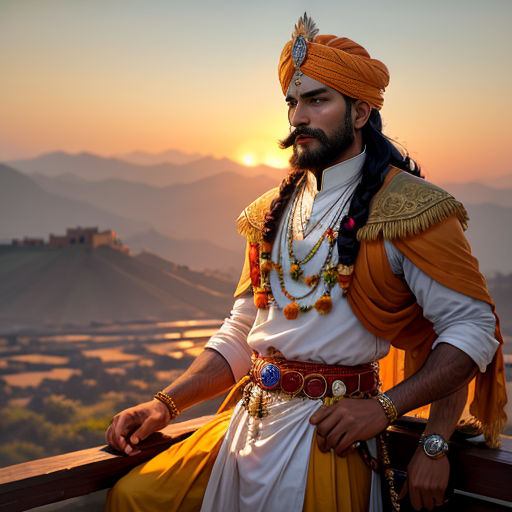
In the year 1659, the Maratha Kingdom was under the rule of the courageous King Shivaji. His reign was marked by a relentless pursuit of Maratha sovereignty against the Mughal rule.
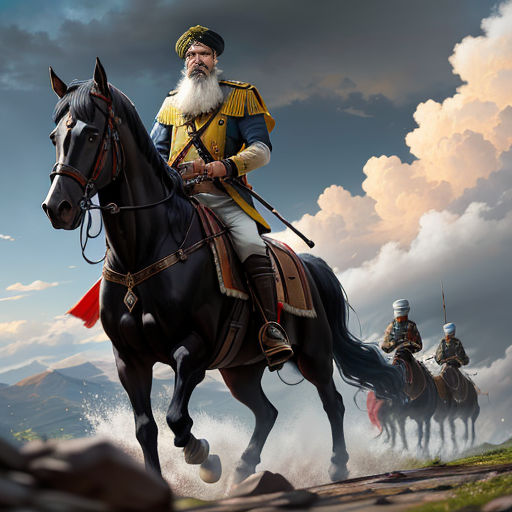
Afzal Khan, a fierce general of the Mughal army, was known for his imposing stature and ruthless tactics. He was entrusted with the task to capture Shivaji alive.
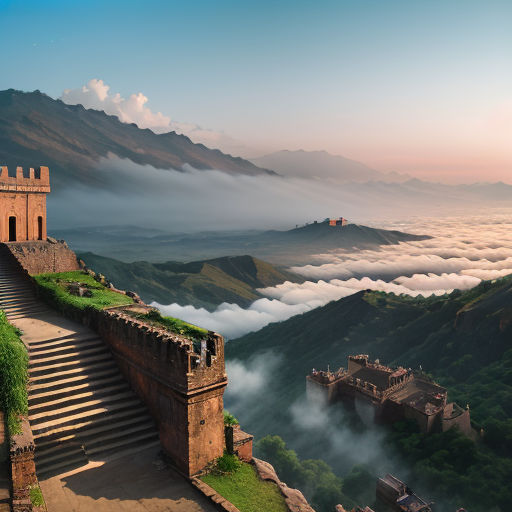
Afzal Khan invited Shivaji for a peace talk at the base of Pratapgad fort, which was taken as a trap by Shivaji. He decided to go prepared.
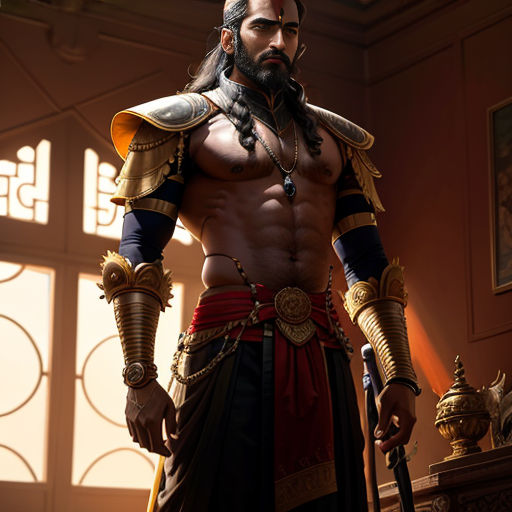
Knowing Afzal's treacherous nature, Shivaji wore armor beneath his clothes and carried a weapon known as the "tiger-claw" or wagh nakh.
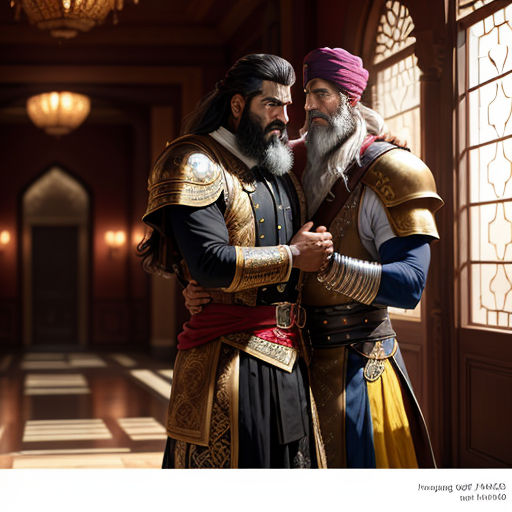
As the two leaders met, Afzal Khan extended his hand for a hug, taking this as an opportunity to attack Shivaji.
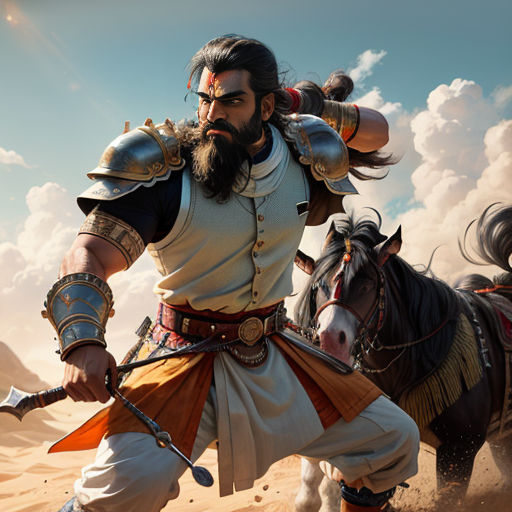
However, Shivaji was quick to respond. He defended himself with his armor and attacked Khan with his wagh nakh.
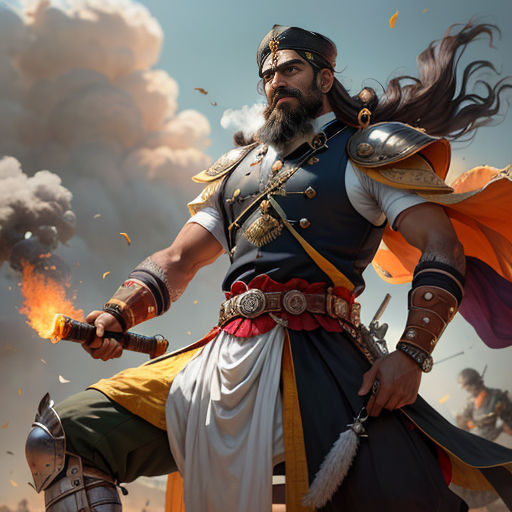
Afzal Khan was severely injured but managed to escape the scene. Shivaji immediately commanded his troops to attack Khan's army.
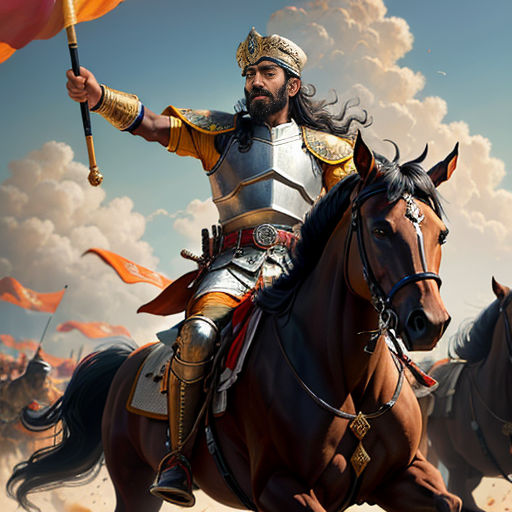
The Maratha army, already alerted and ready, charged at the Mughal forces. The battle of Pratapgad had begun.
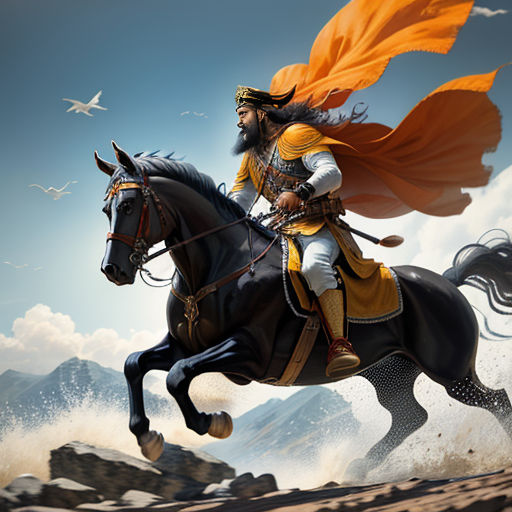
Despite being outnumbered, the Maratha army fought valiantly, using the hilly terrain to their advantage.
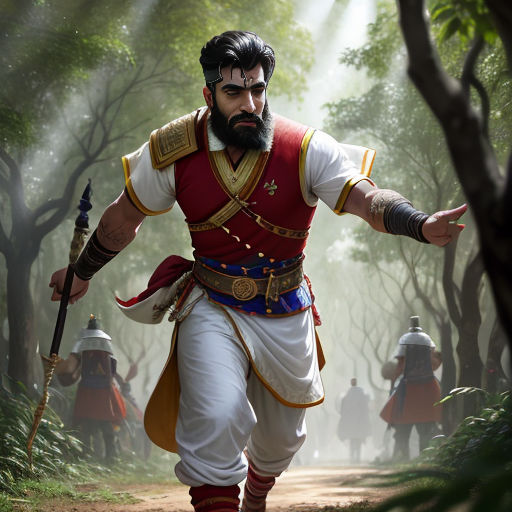
Afzal Khan, wounded and bleeding, tried to retreat, but was pursued by one of Shivaji's bravest warriors - Jiva Mahala.
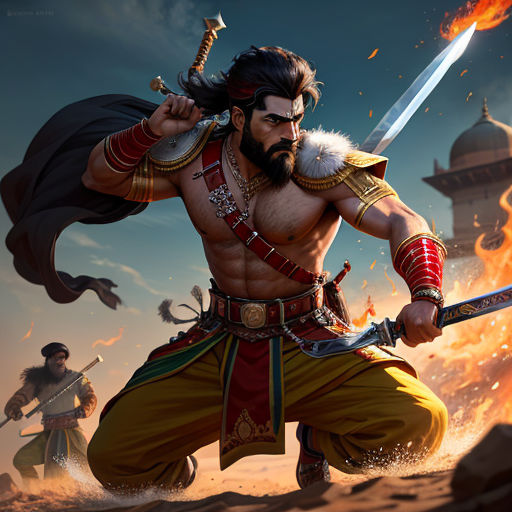
Jiva caught up with Khan and with one swift strike of his sword, ended the Mughal general's life. The news of Khan's death spread like wildfire.
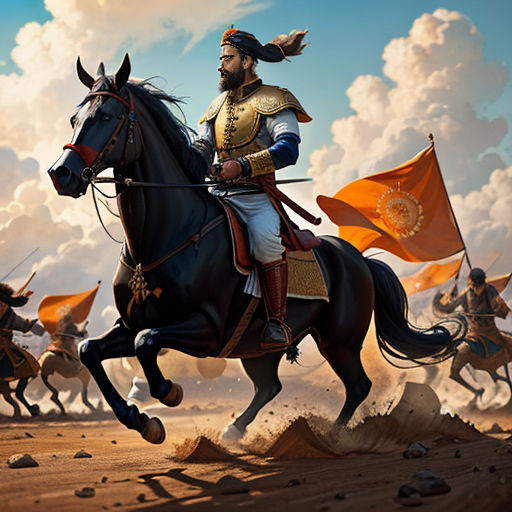
The Mughal army, upon hearing about their general's demise, fell into chaos. They were then easily defeated by the Maratha forces.
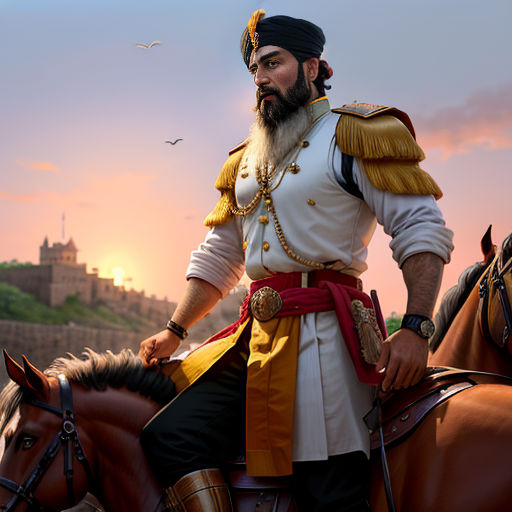
The victorious Maratha soldiers returned to their fort, carrying the lifeless body of Afzal Khan. Shivaji hailed their bravery and dedication.
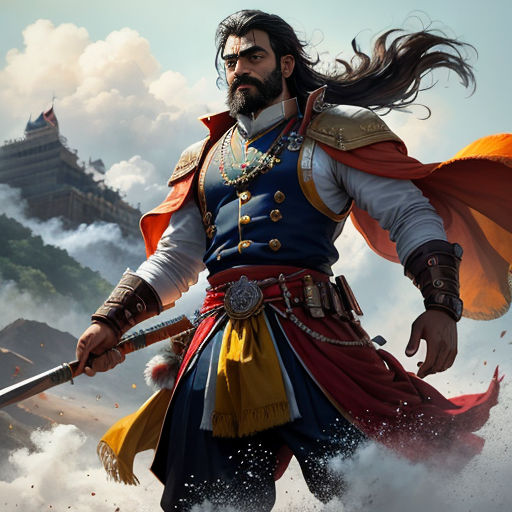
The Battle of Pratapgad was a turning point in the history of the Maratha Empire. It was a testament to Shivaji's strategic brilliance and courage.
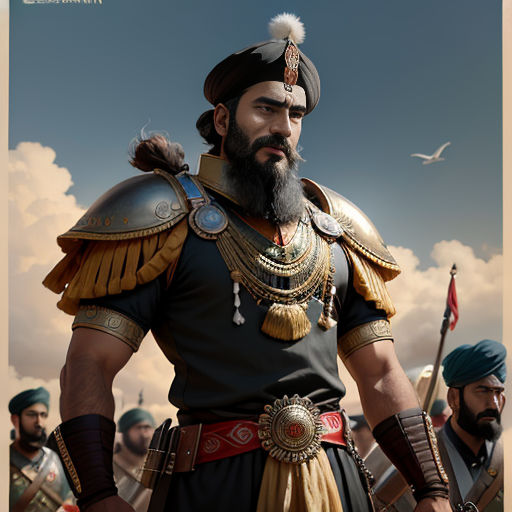
Shivaji's victory over Afzal Khan not only bolstered the morale of his people but also sent a strong message to the Mughal Empire.
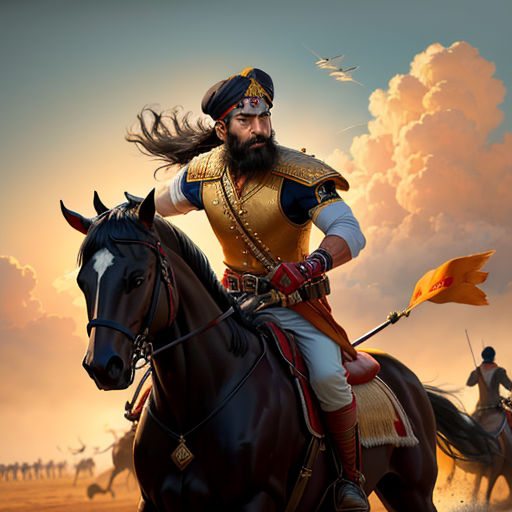
It marked the beginning of the Maratha resistance against the Mughal rule, which eventually led to the establishment of an independent Maratha Empire.
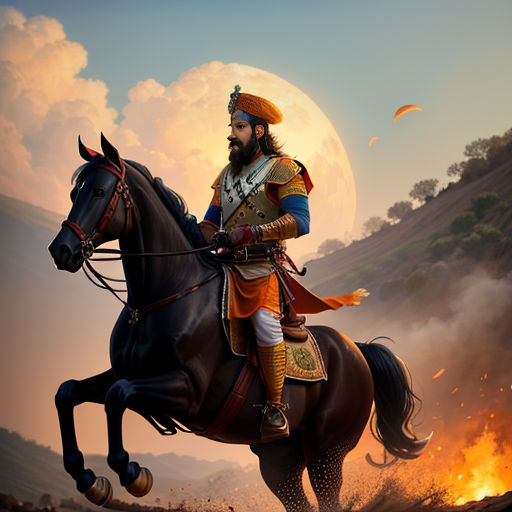
The story of Shivaji's bravery and strategic acumen in the Battle of Pratapgad is remembered with pride and reverence by the people of India even today.
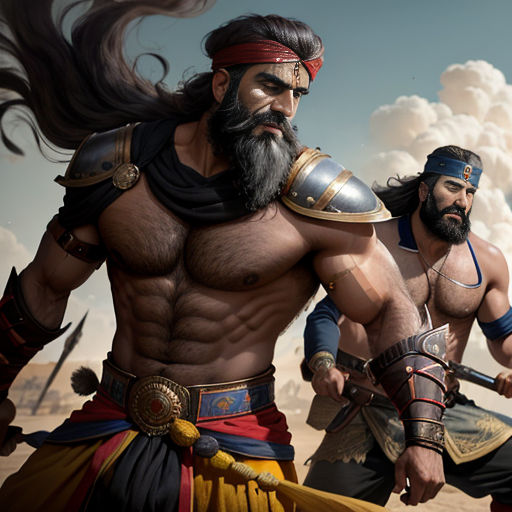
The tale of Shivaji and Afzal Khan is not just a story of a historic battle, but a timeless legend of courage, strategy, and the will to fight against all odds.
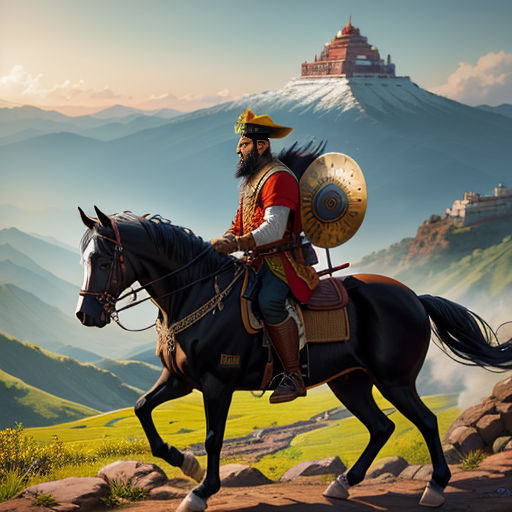
Shivaji's victory at Pratapgad fortifies the belief that strength isn't just about numbers, it's about determination, strategy, and the will to protect one's motherland.
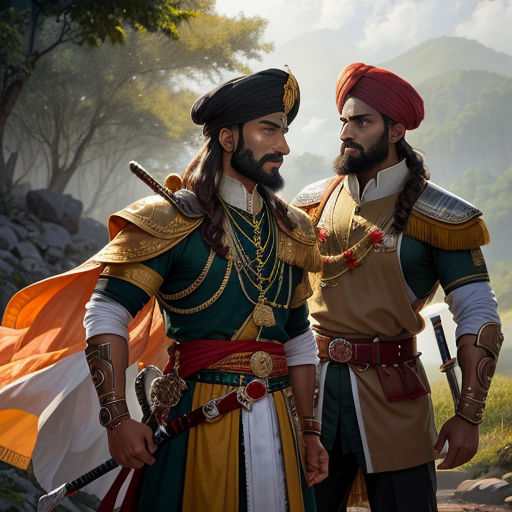
The legend of Shivaji killing Afzal Khan serves as a reminder that no challenge is insurmountable when one is driven by a righteous cause.
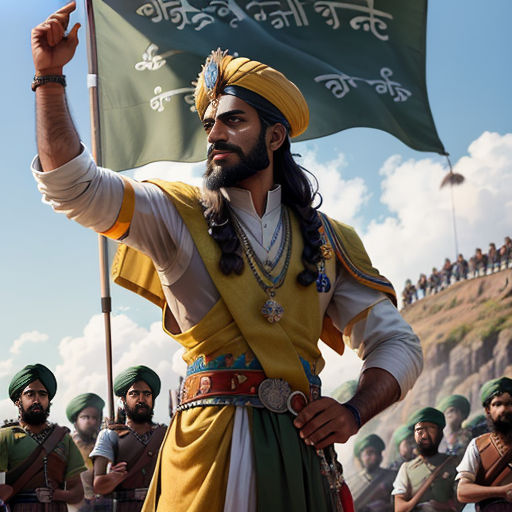
It's a story of how a wise and brave leader can inspire his people and lead them to victory against a formidable enemy.
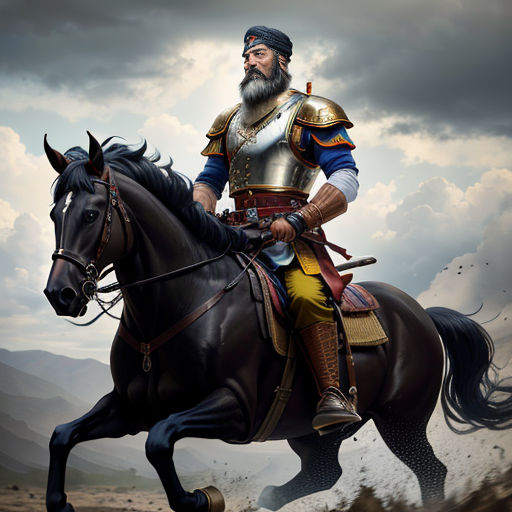
The tale of King Shivaji and Afzal Khan is passed down from generation to generation, keeping the spirit of the great Maratha king alive.
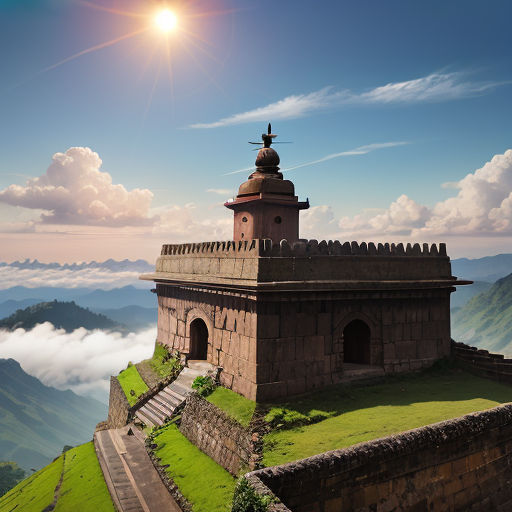
The fort of Pratapgad, where this historic battle took place, stands tall today as a symbol of Maratha bravery and resilience.
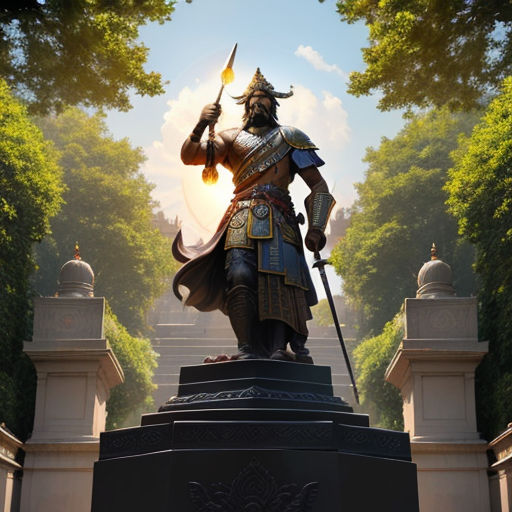
It stands as a testament to Shivaji's strategic brilliance, reminding us of the heroic deeds that shaped the history of the Maratha Empire.
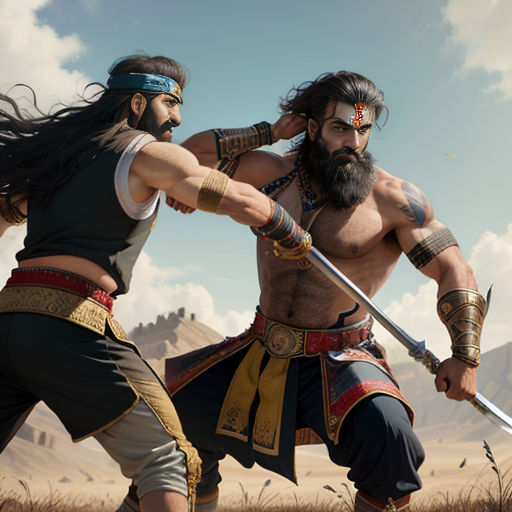
The tale of King Shivaji's victory over Afzal Khan continues to inspire millions, echoing the timeless message of courage, wisdom, and determination.